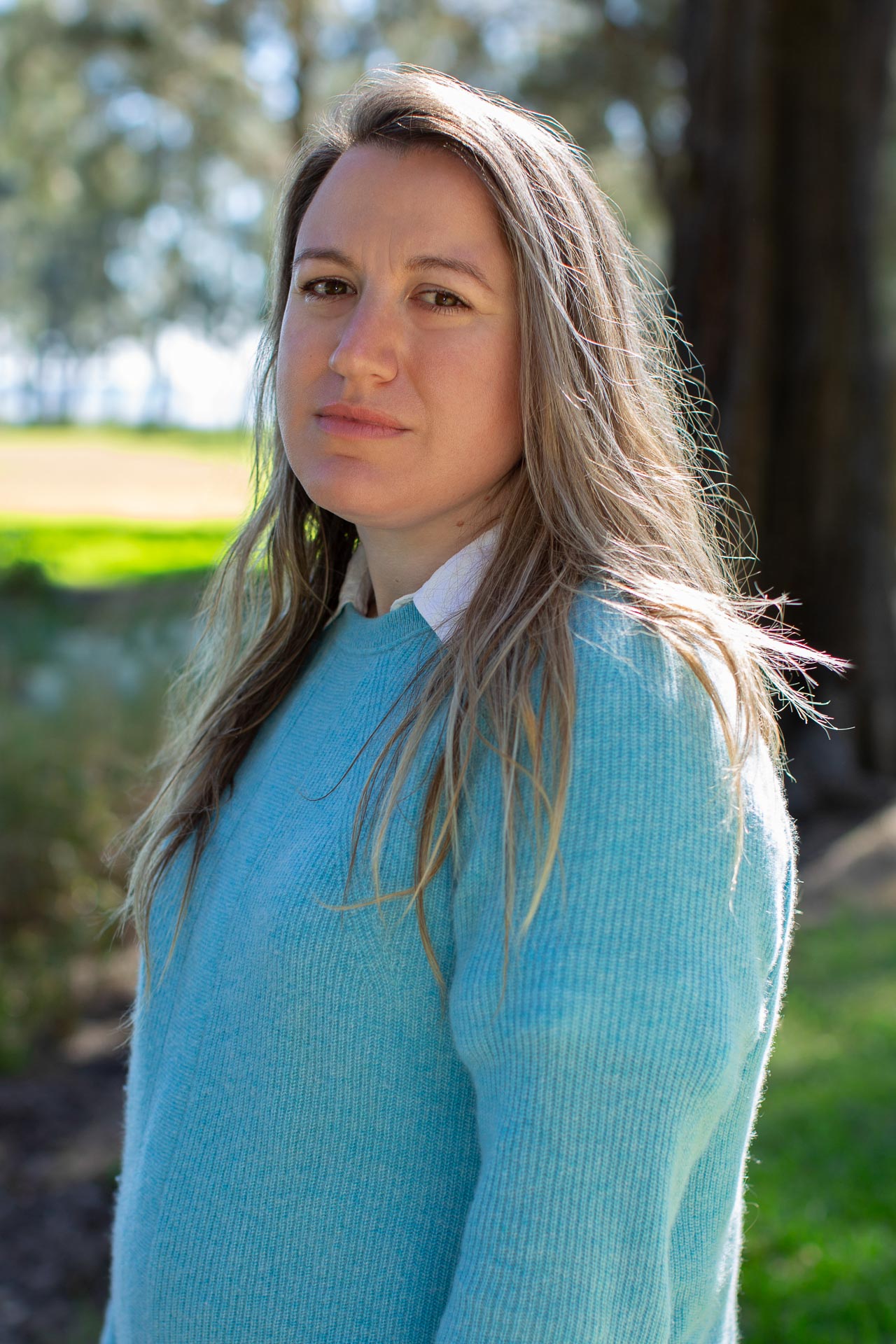talking, sharing, training about the gap in the mental health system for THOSE LIVING WITH PTSD.
Keeping Me Keeping You can come out to your workplace, school, office, community group and talk about mental health of someone facing trauma. How can we recognise it? What are easy practical steps to support them?
And Keeping Me Keeping You can offer you practical support and accompany you through your traumatic journey. Lifts to appointments, check-ins, someone to call or talk to.
Aussies with PTSD
%
Aussies with PTSD in their lifetime
Workplace talks about PTSD
Simple Question: "What have you been up to?"
My name is Richelle, and I am the creator of Keeping Me Keeping You. Soon after surviving cancer I got a bad sports injury. Everything changed. Everything stopped. Everything… I didn’t understand. People around me didn’t understand.
I found people tend to either ignore you or push you away. And when looking for a service, I couldn’t find one to suit my needs. I just wanted social support. I just wanted someone who would call. Who I could talk to; hang out with; come to appointments with me. Nothing like that existed. So here I am. I am changing the way we deal with PTSD.
And when I say PTSD, for me it’s more than just post-traumatic. It’s like stress disorder because sometimes it is happening in the midst of the current trauma.
PTSD makes you feel isolated. It makes you feel alone, angry, lost, confused.
Keeping Me Keeping You will make you feel confident. It will make you feel engaged with your community and really get you back on track.

Keeping Me Keeping You is about helping you with acute stress and trauma
Support Services for PTSD
I find some people don’t even understand why or how it comes about and/or how to deal with it. Few of us know how to communicate with someone living with acute stress because we don’t know how to ask the right questions. Offering someone social support by a person who has been through it and understands and has a passion for supporting through stress disorders is what Keeping Me Keeping You is all about.
Not just the social support but then the education behind it.
If you need me to come to a workplace talk or a school talk or a just general community talk, I’m there. People need to understand that sometimes certain situations and certain environments might make that person feel uncomfortable and during those times, I always wanted someone who knew what was going on. Who could understand me and who wouldn’t judge me.
That means check-in centers. That means phone calls. That means appointments.
If you are someone who is going through that dark place and you’re not too sure where to go, Richelle’s here. If you’re someone who needs a voice, an advocacy Richelle.
If you’re at a workplace and you want a general talk, from someone who can tell it how it is: tell you the ins and the outs of all PTSD, from a personal experience, from a real experience.
- workplace talks
- business group interactions
- school talks
- group activities
And the proceeds of the above go towards helping someone who needs me the most. That’s the personal support side.
Australia is new to PTSD. There is a gap in the mental health system. We need to learn about how to deal with not just ourselves, but people with PTSD because it could be a family member. It could be a friend. It could be a work colleague. It could be a sporting teammate who you have either disconnected with or you misinterpret something they sent to you in a text and then you just ignore them.
So like me I want to help the next person. I want to be able to not just help that person but change their environment. I want to help change their community.
Motivated to help us all with PTSD
It is important to engage with those living with PTSD, the power of simple conversation
PTSD ends up leaving people isolated. Oftentimes those around them don’t know what to say. So we say nothing.
Here are some practical conversation tips. Instead of asking someone, “are you okay?” ask them, “what have you been to?”
Instead of asking someone, “do you feel unwell?” ask them, “is there anything I can do for you?”.
Asking closed questions that force the expected answer can make someone with social stress feel trapped. Instead, these open questions invite someone to share where they are comfortable, positive or negative.
Opening up that kind of dialogue really will help you both be able to understand and communicate better.
So where to now? Send me an email. Talk to me on my Facebook. Talk to me on my Instagram. Because nobody should feel alone. Nobody should feel isolated.
If you have any questions to ask me, ask me. Fire away. Get those out there. Get the communications rolling. Let’s really make this something worth talking about.
What do you find stressful? Write to me. Send me something… keepingmekeepingyou@gmail.com. It’s my passion.
This has been Richelle. I am from Keeping Me Keeping You. Until next time: What have you been up to?